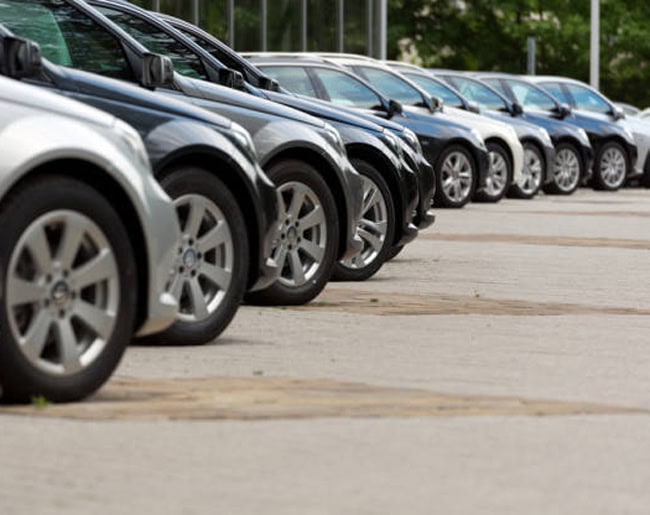New Delhi: With the number of registered vehicles crossing the one-crore mark and air pollution taking centre-stage among the issues in the national capital, the Delhi transport department had a challenging 2017.
Amid criticism over inadequate public transport facilities, the department worked hard to fetch more buses besides taking up measures to ensure improved women safety.
A highlight of the year for the department was the appointment of Kailash Gahlot as the new transport minister, by Chief Minister Arvind Kejriwal in May.
Gahlot, an MLA from Najafgarh, faced an uphill task of boosting the public transport infrastructure with the state transporter DTC having a depleting number of buses.
Facing flak from various quarters over non procurement of even a single bus in AAP’s three-year rule, the minister rolled out the process for buying 2,000 buses.
The process for procurement of 1,000 standard floor buses each for the DTC and the Cluster scheme is on and tenders are expected to be issued soon, said a transport department official.
The department is also working on having 500 electric buses to combat air pollution and has approached the Centre for financial help under the Faster Adoption and Manufacturing of (Hybrid &) Electric Vehicles in India (FAME) scheme.
The process for equipping 6,350 DTC and Cluster buses with CCTV cameras was also taken up by the department. It is hiring a consultant to find a suitable vendor and has approached the Centre for financial assistance from Nirbhaya Fund to finance the project.
In another move aimed at boosting safety of women commuters, the department instructed cab operators for fixing stickers to alert passengers to check that child locks were deactivated in the vehicles boarded by them.
However, the biggest challenge faced by the department was arranging comfortable public transport facilities for millions of commuters during emergency air pollution situation, invoking the road rationing measure.
The odd-even scheme that was announced last month during emergency pollution levels had a big question mark over it once the National Green Tribunal denied to exempt women drivers and bikers from it.
The government had tried to persuade the NGT to exempt the two categories citing reasons such as inadequate public transport facilities in the city.
The number of registered vehicles in the city crossed the one crore mark in May. Besides over 32 lakh cars, there are over 66 lakh two wheelers that are termed by the experts as major air polluters due to poor emission standards.
Transport department officials say that efforts are on the increase the number of buses by roping in private operators in a big way.
“The work on a policy to increase the number of buses with involvement of private operators is being hammered out. Such steps are necessary in view of the need of around 11,000 buses cited by various stakeholders including the court,” said an official.
The department also worked on city taxi scheme and a parking policy during the year that are yet to be announced.
In the new year, the challenge before the department will be to give concrete shape to its various plans and policies besides raising the number of public transport buses which is around 5,500 at present.
PTI

